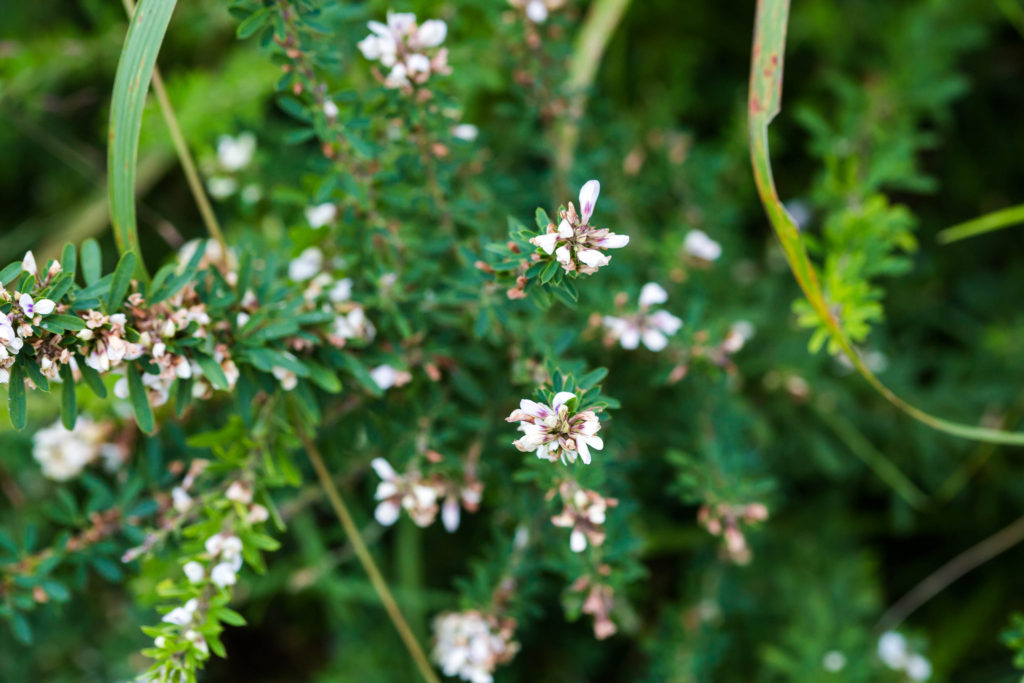In the mission to protect the pollinators of the state’s flora and burgeoning agricultural industry, the Virginia Department of Conservation and Recreation (DCR) is looking at mowing public lands less and letting habitats for bees and butterflies flourish. One problem with this is a nasty invasive species that is clogging up state land – Chinese bushclover (Lespedeza cuneata).
Employees at state parks are having to rip the shrubs out of the ground as they continue to pop up around the Commonwealth. According to the DCR, Chinese Bushclover “forms dense stands which choke out native plant species…adds nitrogen to the soil…[and] may encourage further infestation by other non-native plant species to the exclusion of native species adapted to poor soil conditions.”
As the shrub is native to eastern Asia, the DCR lists Chinese bushclover as an invasive species, meaning it can “cause economic and ecological harm, and present ongoing management issues” in the “Mountain,” “Piedmont,” and “Coastal” regions of Virginia. As a thick-growing bush, it crowds out other species of flora that attract pollinators like bees and butterflies.
With global bee populations declining at an alarming rate, it would be an absolute shame if someone was going around Virginia planting this invasive species. Of course, it would be even more of a shame if someone was using taxpayer dollars to buy bushes that cause decreasing levels of pollinators, with the bushes eventually being ripped out and thrown away.
Well, it turns out that someone is doing exactly that – the Virginia Department of Transportation (VDOT).
During a meeting at the Capitol in Richmond on Wednesday, both DCR and VDOT officials discussed the presumably irritating issue. Reportedly, Chinese bushclover is used in a mixture of seeds that are planted on steep hills near roadways to help with erosion control.
Lindsay LeGrand, a spokeswoman for VDOT, said the agency has not looked “deeply” into other options for planting, but added that the state transportation department “is committed to using products that are most beneficial for the environment and roadside maintenance,” a report from NBC 12 indicates.
As the invasive shrub begins to dominate ground cover across the U.S., some states like New York have even outlawed its possession. Meanwhile, VDOT is planting it everywhere.

